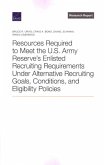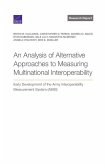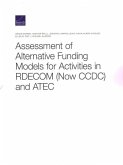Under current policies, Army units purchase depot-level reparable parts (DLRs) from the Army Working Capital Fund (AWCF) and receive credits for returning unserviceable DLR carcasses. During fiscal year 2021, Army leaders decided to stop issuing credits to help the AWCF recover from a cash shortage caused by declining sales during the coronavirus disease 2019 pandemic. However, units continued to return DLR carcasses to the supply system even though they no longer had a financial incentive to do so. This raised the question of whether the AWCF's price and credit policies could be modified to reduce reliance on credits and the financial uncertainty associated with price changes on back-ordered repair parts. U.S. Army Forces Command (FORSCOM) asked the RAND Arroyo Center to evaluate alternative price and credit policies, including single price, under which units would pay the standard price net of the credit for DLRs, and born-on pricing, which would set the price at the time the unit orders the part instead of updating it when the part is issued. In coordination with the sponsor, the research team developed additional courses of action and a set of evaluation criteria, including effects on unit buying power, financial management workload, DLR demands and returns, financial stability of the AWCF, and Army reserve components and other services. Researchers also examined required approvals, changes to enterprise resource planning (ERP) systems, and changes to budgeting and funds distribution.
Hinweis: Dieser Artikel kann nur an eine deutsche Lieferadresse ausgeliefert werden.
Hinweis: Dieser Artikel kann nur an eine deutsche Lieferadresse ausgeliefert werden.








